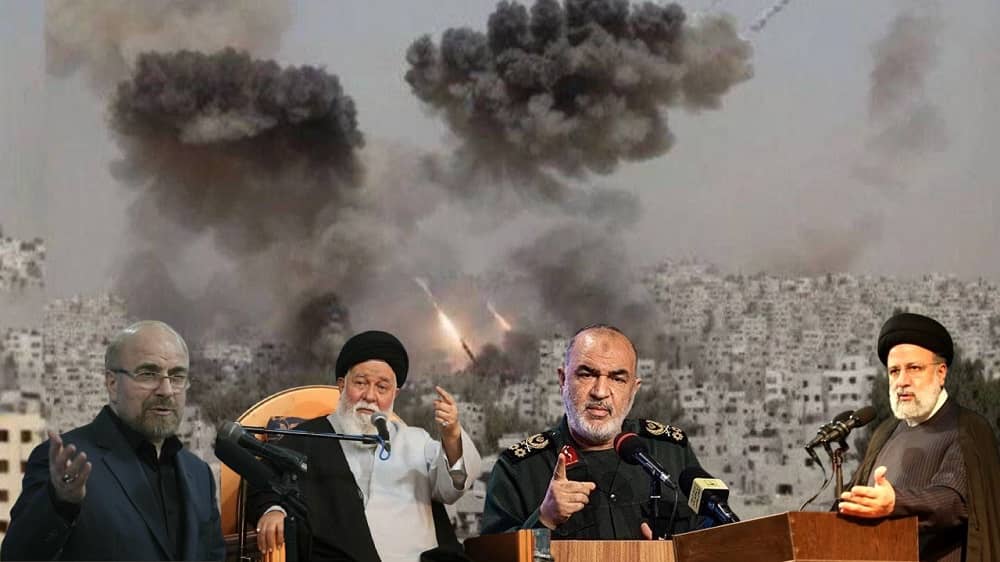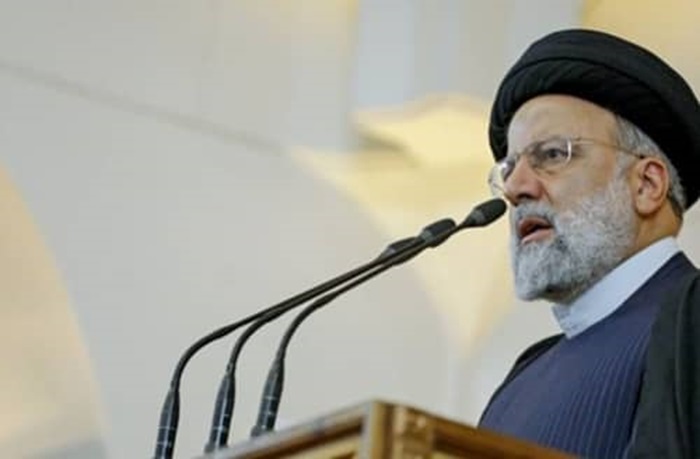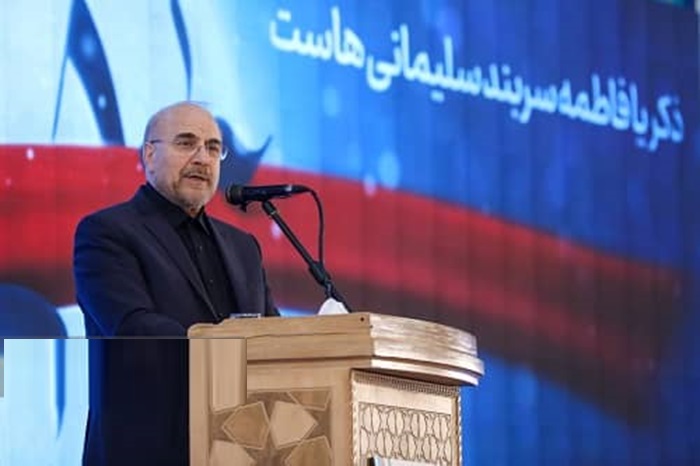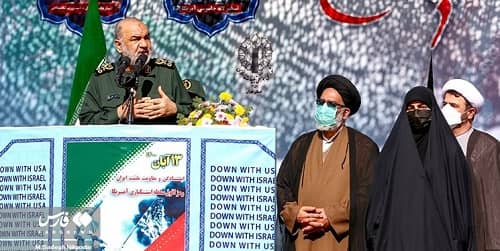
Despite ISIS claiming responsibility for these events, a narrative supported by Western governments, Iranian state officials have taken a different approach to exploit the situation.
The highest-ranking officials, in their scramble to address these developments, have been making conspicuous use of terms like “power” and “strength.” This rhetoric aims to project an image of control and resilience. In a bold move, they have also claimed responsibility for the October 7 attacks, a strategic effort to bolster the morale of both domestic and regional audiences. However, this claim is carefully crafted to avoid attracting undue international attention.

The regime’s involvement in the attacks is subtly hinted at in official communications, framing it as an “inspirational directive” from the late Quds Force commander, Qasem Soleimani. This assertion stands in contrast to the establishment of the Hashd al-Shaabi militias by Iran in Iraq, purportedly to combat ISIS, which in turn strengthened Tehran’s influence in Iraq.
In a speech at Tehran’s Khomeini Mosque, Raisi lauded Soleimani’s role in shaping the region’s security landscape, crediting him with thwarting American plans in Iran and highlighting his unparalleled contribution to the Palestinian resistance movements, particularly Hamas and Hezbollah.
Mohammad Bagher Ghalibaf, the Speaker of Iran’s Parliament, speaking at a Tehran cemetery, praised Soleimani’s role under the Supreme Leader’s command, emphasizing his impact in the Operation Al-Aqsa Storm against the Zionist regime. He noted the unprecedented material and reputational damage inflicted on Israel during Soleimani’s leadership.

Ahmad Alamolhoda, representing the Supreme Leader in Mashhad, further elaborated on Soleimani’s legacy. He depicted Soleimani as a key architect of a formidable resistance front extending beyond Palestine. Alamolhoda highlighted Soleimani’s strategic role in empowering various groups like the Popular Mobilization Forces in Iraq, Ansarallah in Yemen, and Hezbollah in Lebanon, all posing significant threats to Israel.
The following day, Hossein Salami, Commander-in-Chief of the Islamic Revolutionary Guard Corps, reiterated these sentiments in Kerman. He emphasized the success of the Al-Aqsa Storm operation in demonstrating Israel’s vulnerability and the significant blows inflicted upon Zionist forces by Palestinian resistance.

In sum, these responses from Iranian officials paint a picture of a regime leveraging a complex mix of bravado, political strategy, and historical narratives to navigate the aftermath of the Kerman explosions and the broader regional power dynamics.

MEK Iran (follow us on Twitter and Facebook), Maryam Rajavi’s on her site, Twitter & Facebook, NCRI (Twitter & Facebook), and People’s Mojahedin Organization of Iran – MEK IRAN – YouTu







